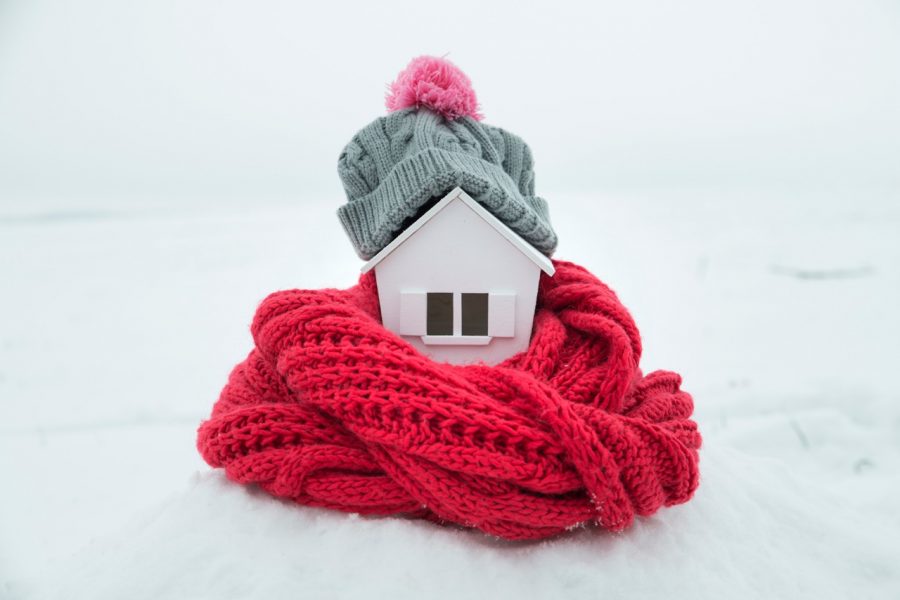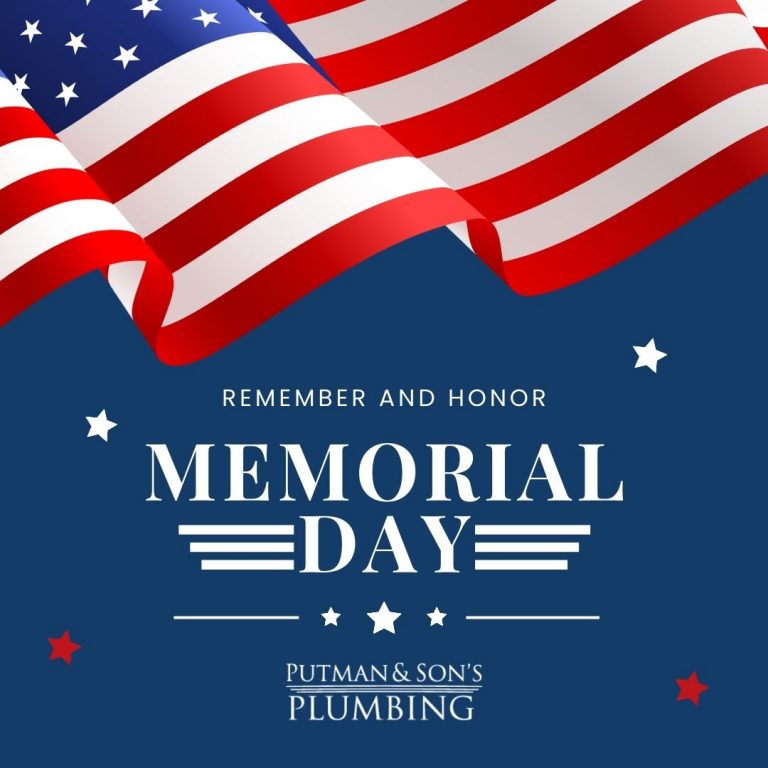Winter Plumbing Prep: Protect Your Home This Season

As temperatures begin to drop and winter draws closer, your plumbing system faces unique challenges that can lead to costly repairs if not properly addressed. Frozen pipes, burst water lines, and inefficient water heaters are just a few of the potential issues that can arise during the colder months. Taking a proactive approach to winter plumbing prep will help protect your home and ensure your plumbing operates smoothly throughout the season.
One of the most common winter plumbing problems is frozen pipes. When water inside a pipe freezes, it expands, often causing the pipe to crack or burst. To avoid this, insulate pipes in vulnerable areas such as basements, attics, crawl spaces, and garages. Foam pipe insulation or heat tape are great options for keeping pipes warm and reducing the risk of freezing. Additionally, sealing gaps and cracks around windows, doors, and walls near plumbing fixtures will help keep cold air out and protect your pipes from frigid temperatures.
Outdoor plumbing also requires special attention during the winter. Disconnect and drain all garden hoses, as leaving them attached to outdoor faucets can cause water to freeze and back up into the pipes. Store hoses indoors and, for added protection, install frost-proof spigots or insulated faucet covers. These simple steps can save you from major plumbing issues when temperatures plummet.
Your water heater plays a crucial role in keeping your household comfortable during the winter, so it’s important to ensure it’s working efficiently. Schedule a water heater inspection to check for any issues and to flush out sediment that can build up over time. If your water heater is older or struggling to meet your household’s needs, upgrading to a newer, more energy-efficient model can help reduce energy costs while keeping up with the increased demand for hot water during the colder months.
On particularly cold nights, letting faucets connected to vulnerable pipes drip slightly can prevent freezing. Even a small trickle of water helps keep the flow moving, reducing the risk of frozen pipes. Additionally, if you have a sump pump, make sure it’s functioning properly. Frozen discharge lines can lead to basement flooding during winter thaws, so clear any debris and consider insulating the discharge line to prevent freezing.
Knowing where your main water shut-off valve is located is another essential step in winter prep. In the event of a burst pipe or other plumbing emergency, quickly turning off the water supply can help minimize damage. Make sure everyone in your household knows how to find and use the shut-off valve.
If you’re planning to leave a vacation home or property vacant during the winter, take extra precautions to winterize it. Shut off the water supply, drain all pipes, and add antifreeze to plumbing fixtures like toilets and sinks to prevent freezing and damage. These steps can save you from costly repairs when you return in the spring.
Lastly, consider scheduling a professional plumbing inspection to identify and address potential issues before they become major problems. A licensed plumber can spot leaks, weak points in your system, and other vulnerabilities, ensuring your plumbing is ready for winter’s challenges.
Winter can be harsh, but with a little preparation, you can avoid common plumbing issues and protect your home. If you need help with winterizing your plumbing or addressing any concerns, Putman & Son’s Plumbing is here to help. Contact us at (248) 652-0990 or visit PNSPlumbing.com to schedule an inspection or service. Let us help you stay warm and worry-free this winter!



